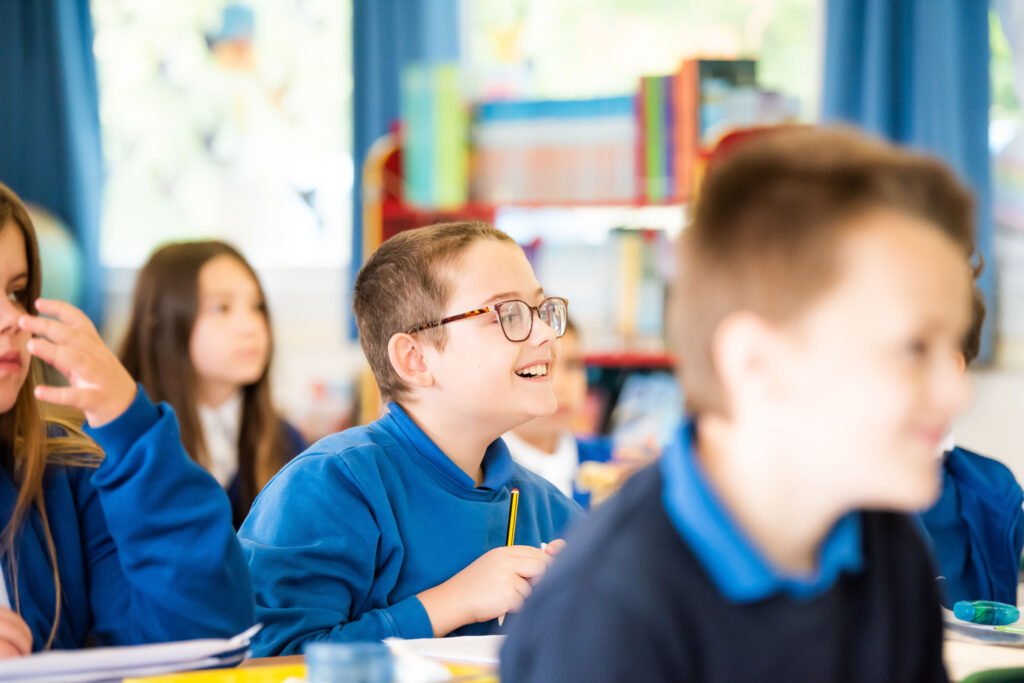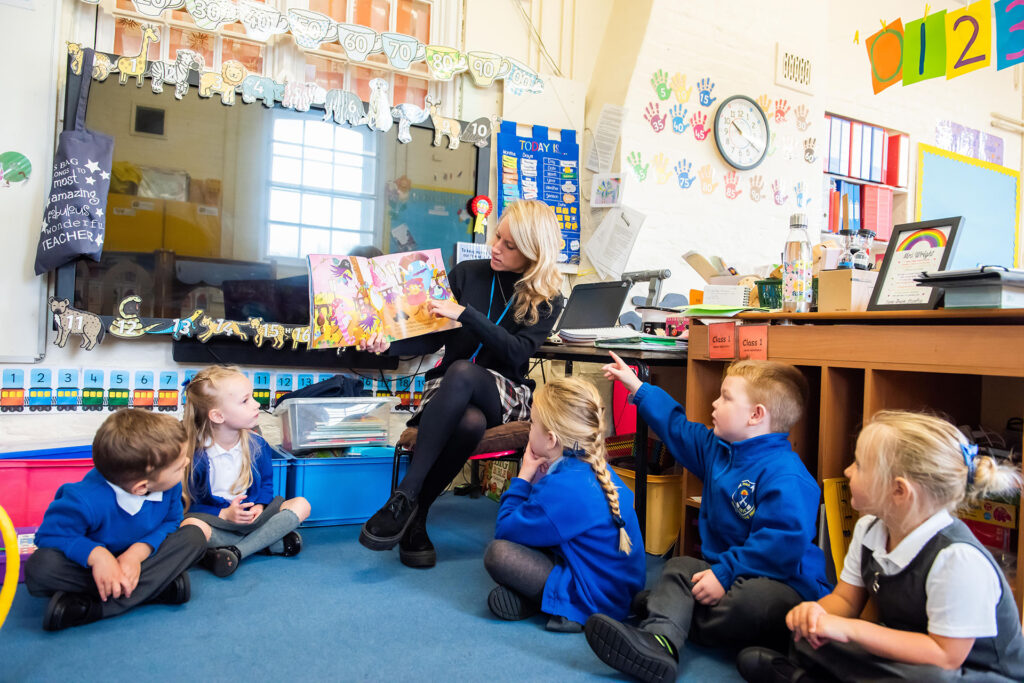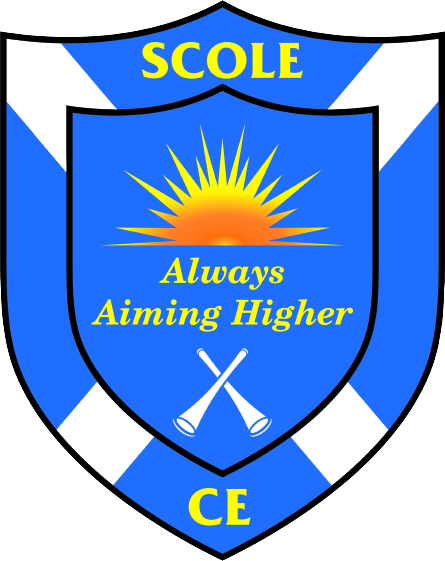English Curriculum Statement
At Scole CE VC Primary School, we recognise and value reading and writing as key life skills and are dedicated to enabling our children to become lifelong learners.
This statement will detail our approach to reading and writing and how both skills underpin our curriculum.
Reading
Statement of Intent
We believe that reading is key to academic success and reading is given the prominence that it requires throughout the school. We take a holistic approach to the teaching and enjoyment of reading through:
By the time children leave Scole CE VC Primary School, it is our intention that they will be competent readers who have a wide knowledge of a range of books and authors and who can participate in discussions about their reading. We also aim to instil an enjoyment of reading that will last beyond their time at Scole.
Statement of Implementation (See also separate Phonics and Early Reading Policy.)
Within Key Stage 2, reading is structured throughout the week to give children the opportunity to fully explore a text.
Teachers assess children regularly against the National Curriculum expectations (in Years 1-6) and against the Reading Early Learning Goal (in EYFS). These regular assessments inform planning and allow teachers to identify any gaps in learning. The Reading Lead teacher introduces new texts to teachers at INSET sessions and offers advice and support to other teachers when requested.
Statement of Impact
Through the teaching of systematic phonics, our aim is for children to become fluent readers by the end of Key Stage One. This way, children can focus on developing their fluency and comprehension as they move through the school. Attainment in reading is measured using the statutory assessments at the end of Key Stage Two. These results are measured against the reading attainment of children nationally. Attainment in phonics is measured by the Phonics Screening Test at the end of Year 1.
However, we firmly believe that reading is the key to all learning and so the impact of our reading curriculum goes beyond the results of the statutory assessments. We give all children the opportunity to enter the magical worlds that books open up to them. We promote reading for pleasure as part of our reading curriculum. Children are encouraged to develop their own love of genres and authors and to share this with peers and adults. This enhances a deep love of literature across a range of genres, cultures and styles.
Writing
Statement of Intent
We believe that all children can learn to write for a range of purposes and audiences. Children are given opportunities to write in all subject areas and are encouraged to develop their own writing styles. Our writing curriculum is underpinned by the use of quality texts, which are used to introduce new grammar content and to explore different writing styles. Throughout their time at Scole CE VC Primary School, children will be exposed to a variety of texts and authors, helping them to recognise and appreciate different genres of writing. Using texts as the basis for our writing curriculum helps to reinforce our reading curriculum.
Statement of Implementation
Writing opportunities are structured in order to enable children to learn new skills and build on existing skills as they progress through the school. Texts have been chosen for each class that will offer a range of writing opportunities.
Following the National Curriculum for English, teachers decide on a writing outcome for each text and then look at the skills that will be required to produce the final piece of writing. English lessons are structured to introduce the necessary vocabulary, grammar and punctuation that children will need for each piece of writing. Opportunities are given for practice and consolidation of skills before they are used in longer writing sessions.
Writing opportunities are provided in other subjects in order that children can see how their writing skills can be transferred to different areas.
See the attached document for details of texts that are currently used across each class.
Statement of Impact
Attainment in writing is assessed by teachers against the National Curriculum for each phase (key stage one, lower key stage two, upper key stage two). Attainment in Grammar, Punctuation and Spelling is measured using the end of Key Stage Two statutory assessments and compared with schools nationally.
Spelling
Across key Stage 2, spelling is taught using the Non Nonsense Spelling scheme. This is aligned to the requirements of the National Curriculum. In Year A, the spelling rules for year 3 are taught in Class 3 and the rules for year 5 are taught in Class 4. In Year B, the rules for years 4 and 6 are taught.
See the attached documents for details of the spelling rules taught in each class and for the statutory spellings for lower and upper key stage two.


In This Section


Contact Us
Scole CE Primary Academy
Norwich Road Scole
Norfolk
IP21 4ED
office@scole.norfolk.sch.uk
01379 740 654